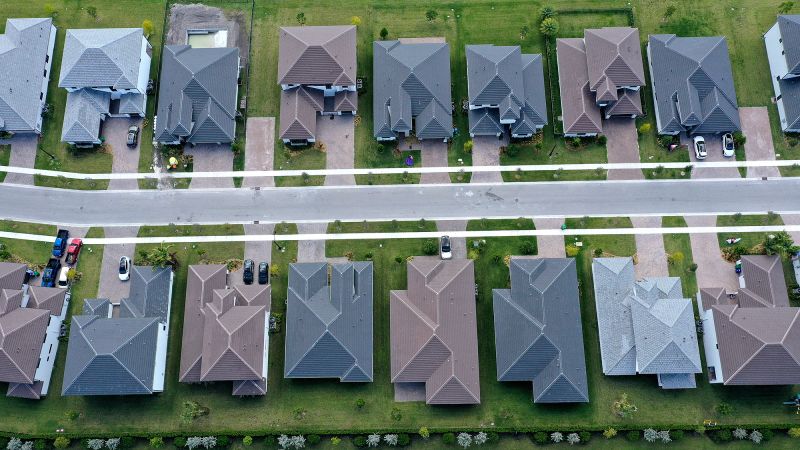Buying a family-sized home with three or more bedrooms used to be manageable for young people with children. But with home prices climbing faster than wages, mortgage rates still close to 23-year highs and a shortage of homes nationwide, many Millennials with kids can’t afford it. And Gen Z adults with kids? Even harder.
Meanwhile, Baby Boomers are staying in their larger homes for longer, preferring to age in place and stay active in a neighborhood that’s familiar to them. And even if they sold, where would they go? There is a shortage of smaller homes in those neighborhoods.
As a result, empty-nest Baby Boomers own 28% of large homes — and Milliennials with kids own just 14%, according to a Redfin analysis released Tuesday. Gen Z families own just 0.3% of homes with three bedrooms or more.



I’m not disagreeing. It’s worse now. But it’s not nearly as a gulf as they’re trying to make it sound. Remember, 12% was basically rock bottom and not average. I am curious as to what the difference amortized is, just too tired to find the calculator at the moment.
That’s not true though. The average 30-year fixed rate in 1990 was a little over 10%.
Why are you assuming it was the 90s?
The age range of millennials, the age of boomers, the idea that a forever long-term home is likely a second or third home purchase, your statement that you grew up in that house and are presumably a millennial. What year are we talking then? Average rates were level ‘85-90 in the 10% range, dropping after that.
I didn’t say I was a millennial. You make a lot of assumptions.
I’d say “some,” not a lot. And I’d also qualify them as reasonable assumptions given the article content and your original comment. But regardless, you agree things are worse now, and to the people who can’t afford homes, being in a situation that’s only a bit worse rather than impossibly worse could be a meaningless distinction. As I said, your parents are not the problem just because they want to stay in their home, but there is a problem.
Oh I’m not disagreeing. I just don’t like it when facts are left out for a narrative.